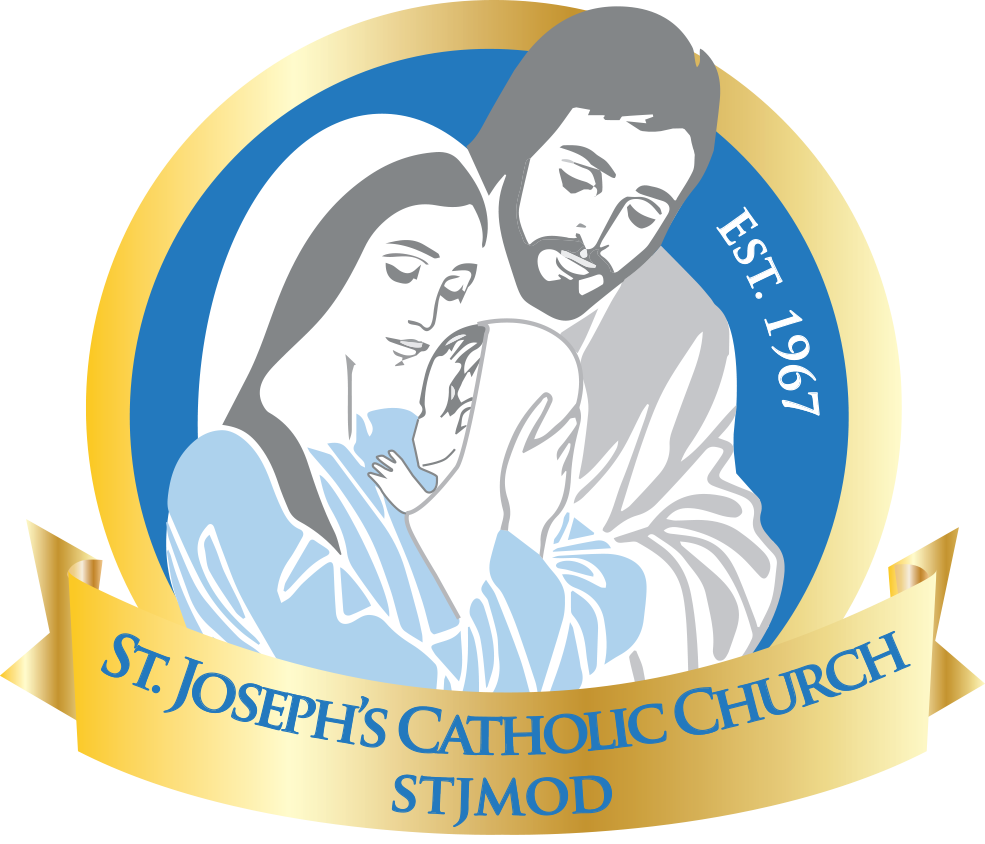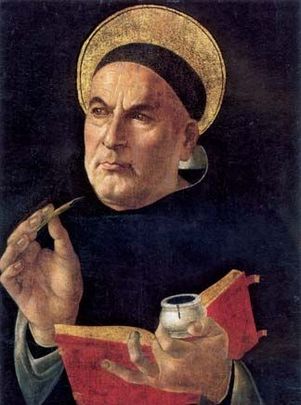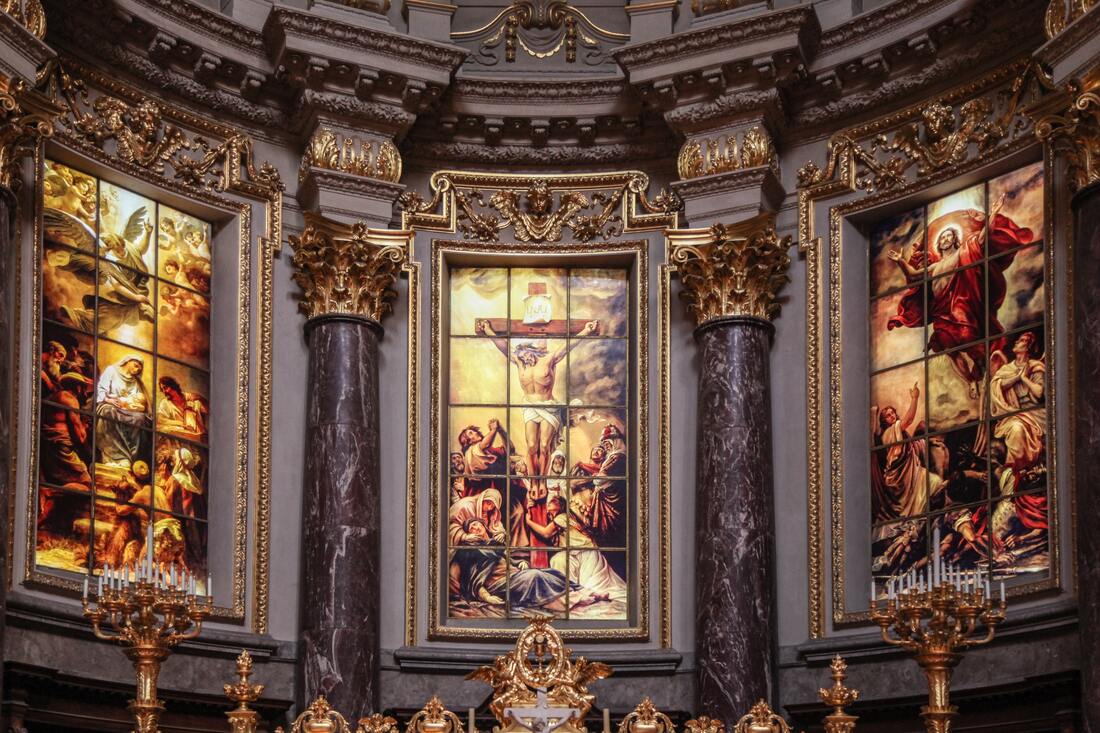People can believe things for any number of reasons, but faith is more than simple belief. After all, even demons believe in God (James 2:19), but they are hardly faithful! Faith is an act of the will – it is trust in an authority.
|
This is important to understand, for as Thomas Aquinas points out,
“in order that a man arrive at the perfect vision of heavenly happiness, he must first of all believe God, as a disciple believes the master who is teaching him” (Summa Theologiæ II-II, Q.2, A.3). A true disciple believes his master based on the authority of the master – not because the master teaches things with which the disciple happens to agree. Why someone believes is critical. |
What this means is that a person could, theoretically, believe everything that Christianity teaches yet be without true faith. Truths of faith concern those things which cannot be demonstrated, and so can only be taught by an authority and assented to. To disagree with a truth of faith, then, proves that one has not really assented to authority in the first place, but rather simply agreed based on one’s own opinion.
Supernatural faith is a gift from God, but it is one that must be acted upon freely. God’s justice is shown in that it really is up to each person to decide whether they will trust him and his revelation or not. Without this option, the rewards and punishments of the afterlife would make no sense. God’s love is shown in that he is willing to let us choose him without coercion (including intellectual demonstration). To only believe what God reveals to the extent that we are convinced by other evidence indicates a lack of true faith.
This is not to say that true faith is blind. God has given numerous evidences of the true religious authority on Earth. Creation itself proves that God exists (Romans 1, CCC 27-37), and human history (1 Corinthians 15:1-5) points to Jesus Christ and his Church as being God’s revelation. In the words of Blaise Pascal, God has given “enough light for those who only desire to see, and enough obscurity for those who have a contrary disposition” (Pensées 430).
This view of faith explains why those wishing to become Catholic can be asked to make the following Profession of Faith even prior to knowing the entirety of Catholic teaching:
Supernatural faith is a gift from God, but it is one that must be acted upon freely. God’s justice is shown in that it really is up to each person to decide whether they will trust him and his revelation or not. Without this option, the rewards and punishments of the afterlife would make no sense. God’s love is shown in that he is willing to let us choose him without coercion (including intellectual demonstration). To only believe what God reveals to the extent that we are convinced by other evidence indicates a lack of true faith.
This is not to say that true faith is blind. God has given numerous evidences of the true religious authority on Earth. Creation itself proves that God exists (Romans 1, CCC 27-37), and human history (1 Corinthians 15:1-5) points to Jesus Christ and his Church as being God’s revelation. In the words of Blaise Pascal, God has given “enough light for those who only desire to see, and enough obscurity for those who have a contrary disposition” (Pensées 430).
This view of faith explains why those wishing to become Catholic can be asked to make the following Profession of Faith even prior to knowing the entirety of Catholic teaching:
|
With firm faith, I also believe everything contained in the word of God, whether written or handed down in Tradition, which the Church, either by a solemn judgment or by the ordinary and universal Magisterium, sets forth to be believed as divinely revealed. I also firmly accept and hold each and everything definitively proposed by the Church regarding teaching on faith and morals. Moreover, I adhere with religious submission of will and intellect to the teachings which either the Roman Pontiff or the College of Bishops enunciate when they exercise their authentic Magisterium, even if they do not intend to proclaim these teachings by a definitive act.
|
The content of the Catholic faith is succinctly expressed in the Nicene Creed which is prayed at Sunday Masses. The Church’s two millennia of doctrinal development are reflected in the official Catechism of the Catholic Church.






